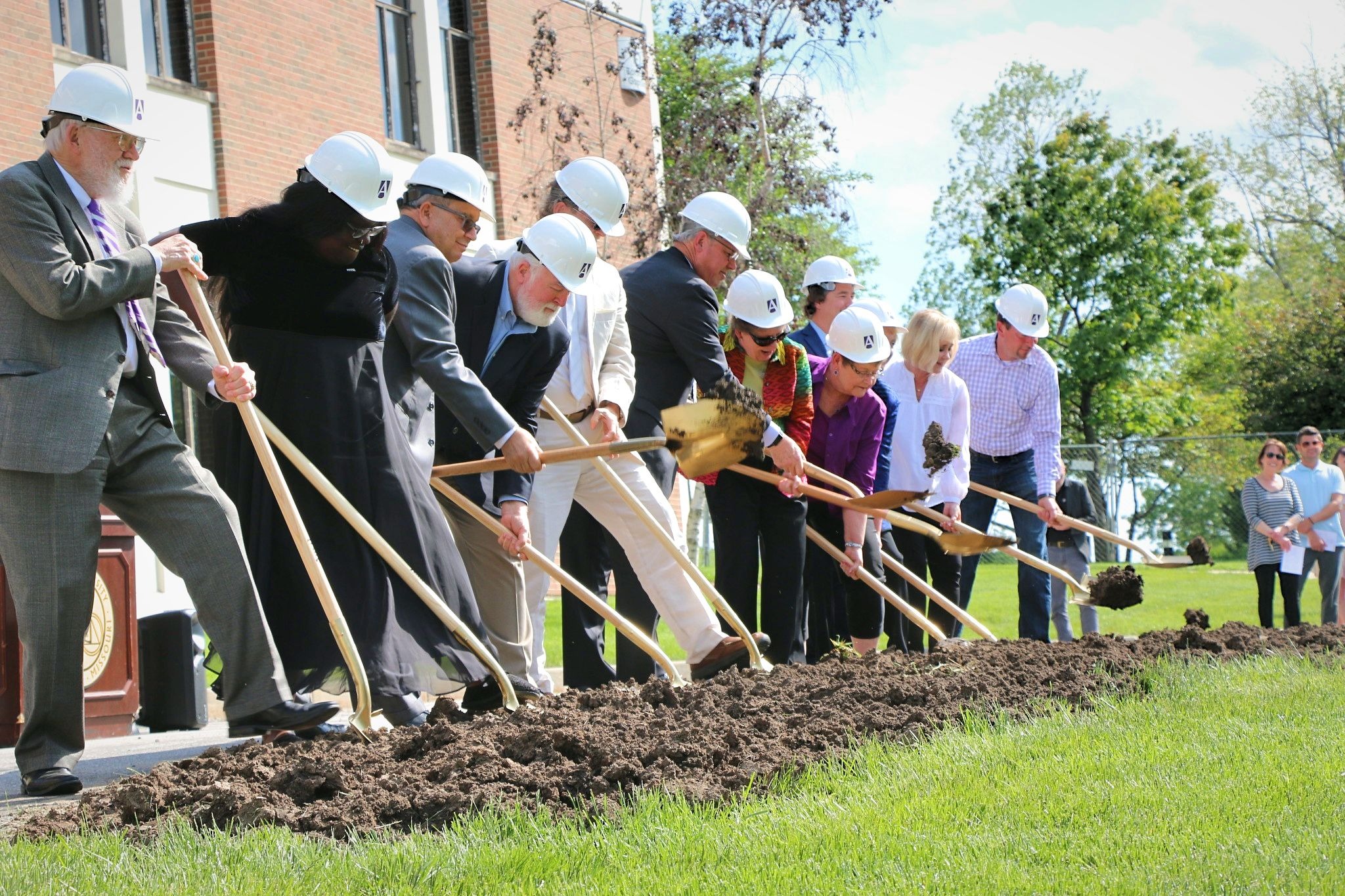As director of TRIO Student Support Services, Anissa Martinez, M.S.Ed., aids Avila students learn more about financial literacy, career development, self-care and academic readiness through workshops, summer programs and other programs. She joined Avila in 2018 after serving as a graduate assistant at the University of Kansas Office of Multicultural Affairs, where she aided with the Kauffman Scholars program. In addition to directing TRIO, she has taught First-Year Seminar the past two years and is a current member of the Educational Opportunity Association.
What is the Student Support Services (SSS) office and how does it help students?
The TRIO SSS office aims to increase the number of first-generation college students and students from limited-income households who are pursuing their first undergraduate degree here at Avila. It’s an optional, free program and students must apply and interview, but if they’re accepted, SSS helps ensure those students have access to resources which will help them toward graduation. We’re funded to serve 150 students and offer the following services:
- Two full-time staff members who work with students individually to develop and meet goals and plans for graduation;
- Peer and professional tutoring;
- Workshops, closed courses, mentoring, and more.
How has your education and experience prepared you for this role?
TRIO has always been special to me because I am a product of TRIO! I was in a pre-college TRIO program from sixth to 12th grade, throughout college and after completing my undergraduate degree. While working full time in the TRIO program, I recognized that first-generation were not being retained. Because of this, I decided to go to graduate school and pursue my master’s degree in higher education administration. While I was getting my advanced degree, I worked as a graduate assistant working with first-generation college students from limited income backgrounds. I’ve been with Avila since 2018 as an academic coordinator, overseeing tutoring and living learning community.
How has your office adjusted to the pandemic and what resources are available to students remotely?
We spent the first two weeks in a blur, reaching out to students to see if they had any immediate needs. Since I work with some students who are especially vulnerable to the impacts of the pandemic, we needed to work with them to make sure they had what they needed to get by. Once those initial needs were addressed, we moved advising, monthly workshops and some social events online through video conferencing. Unfortunately, we needed to postpone some of our community-building activities until next semester, but our students’ safety and security were our top priorities.
